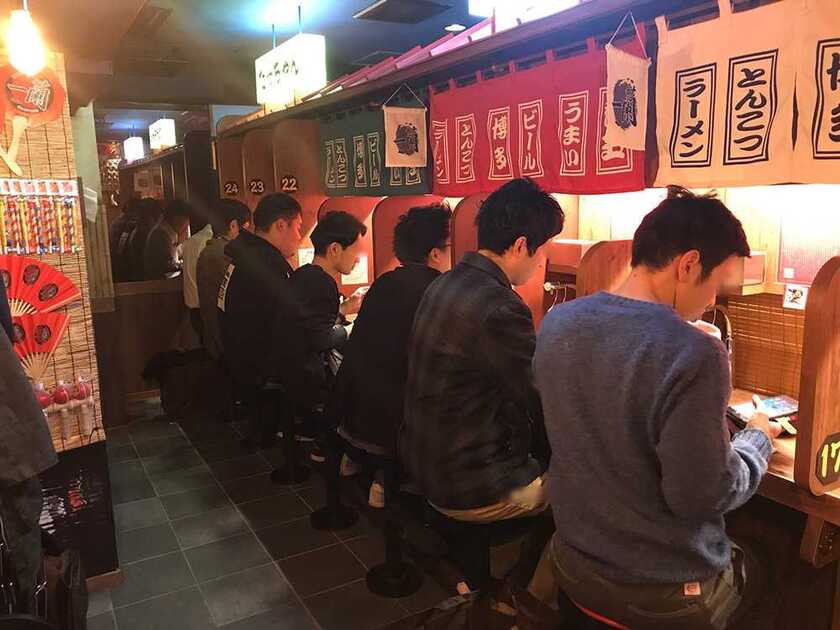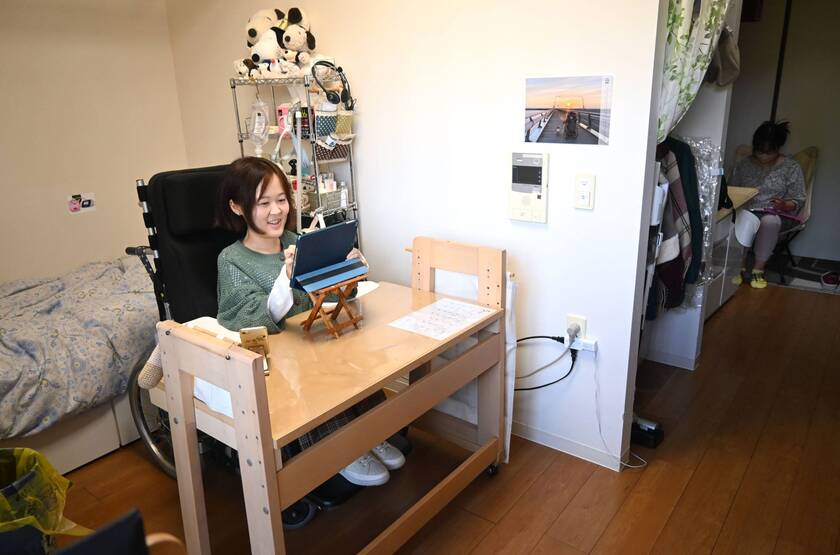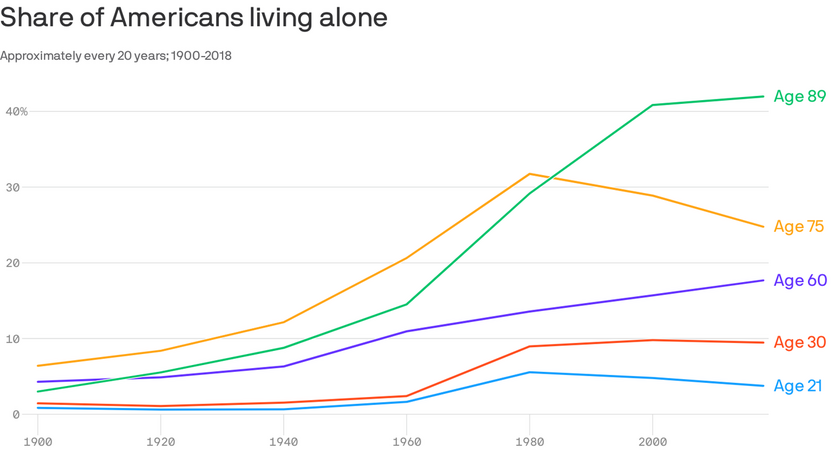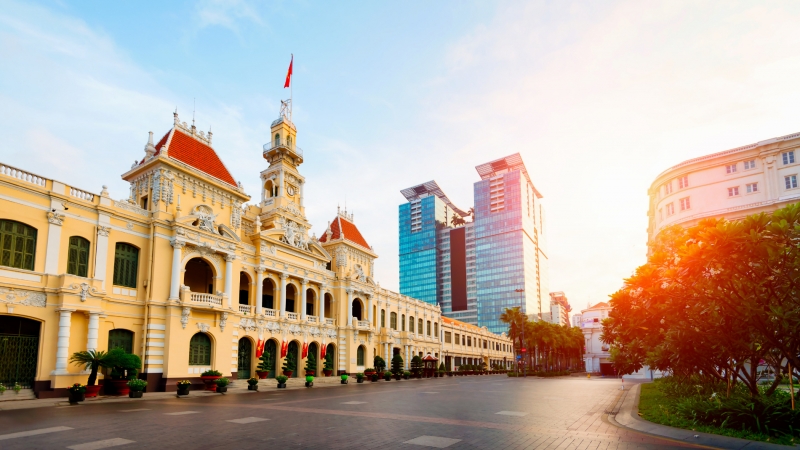In the future, all countries will witness a “super-single society”—represented by young people who never marry and older people who become single again after being widowed, Kazuhisa Arakawa, a researcher at Hakuhodo, one of Japan’s largest advertising companies, told CNBC.
Being single is a tempting "hot commodity" that the market is eager to acquire.
The world is witnessing the rise of an independent, self-reliant generation. The number of people living alone has skyrocketed in recent years, creating a global "single revolution." As of 2019, there were over 300 million people living alone worldwide, an 80% increase compared to nearly two decades earlier. A huge market with significant purchasing power has been and is being formed.

A series of restaurants catering to single people in Japan.
Previously, single living was primarily prevalent in developed countries, where the responsibility of achieving financial stability in an aging economy became a burden. However, this trend is shifting, particularly in Asia, where rapid economic development has led to a growing number of independent, high-income young people, creating a promising new consumer market. A new class is emerging: young people who are wealthy and prefer to live alone.
Convenience stores are the brightest spot in Asia's burgeoning single-person economy. They specialize in selling takeaway food and drinks in single-serving portions, making them a natural choice for single consumers.

The single economy is becoming an emerging trend in many Asian countries.
Paul Chang, an associate professor of sociology at Harvard University, explains that Asian societies in general are gradually shedding the herd mentality and moving towards individual happiness. This has generated economic growth from individual consumption. The associate professor notes, "The proportion of single-person households has grown to the point where it has become a significant part of the market."
From single-serving coffee makers to giant toilet paper rolls for those who don't have enough space to store 24 large rolls at home, a range of new products and services are emerging to make living alone more convenient and enjoyable.

Tapping into the needs of people living alone is gradually becoming a key development direction for many businesses.
The entertainment and leisure market is witnessing a true revolution to meet the growing needs of single people. From upscale restaurants with private corners to online hotel booking apps, everything is designed to create unique and personalized experiences for independent individuals. This is not simply a trend, but a fundamental shift in how businesses approach customers.
The singles market could change the economy.
According to a joint report by Meta Platforms, Bain & Company, and DSG Consumer Partners, as markets reach saturation, the single-person household segment is emerging as a major driver of consumption.
The report concludes that, to drive growth in Southeast Asia, businesses need to focus on consumers, develop business models and consumer engagement, and adopt a disruptive and innovative mindset.

Many reports suggest that living alone is becoming a "phenomenon" these days.
Previously, the UK market research company YouGov also conducted a survey of 2,500 Gen Z (born between 1997 and 2012) and millennial (born between 1981 and 1996) consumers aged 18-40 in Indonesia, Malaysia, the Philippines, Thailand, and Vietnam. According to the survey, young consumers in Southeast Asia have no need for dating or marriage; instead, they primarily use mobile phones for entertainment. 80% of respondents said they buy phones to watch videos, and 60% said they play games on their phones. More than half of the survey participants shared that they shop online several times a week.
The digital age has completely transformed how young people in Southeast Asia consume and entertain themselves. According to a YouGov survey of 2,500 Gen Z (born between 1997 and 2012) and millennial (born between 1981 and 1996) consumers aged 18-40 in Indonesia, Malaysia, the Philippines, Thailand, and Vietnam, smartphones have become central to their lives, with 80% using them to watch videos and 60% spending time playing games. This clearly demonstrates a shift from traditional social activities to online ones, where young people can easily find entertainment and connect.

The rise of the "single economy"
Canalys analyst Sheng Win Chow commented: “2024 is expected to tell a completely different story. Looking ahead, Southeast Asia continues to be a promising market for smartphone manufacturers, retailers, and food companies thanks to its expanding middle class and young population, coupled with a growing trend towards living alone.”
The digital age has completely transformed how we consume. What was once considered a "luxury" has now become a "necessity," and the line between "needs" and "wants" is increasingly blurred. Social media is not just a place to connect but an indispensable part of daily life, while home entertainment and personalized experiences are increasingly prioritized.

 VI
VI EN
EN


































